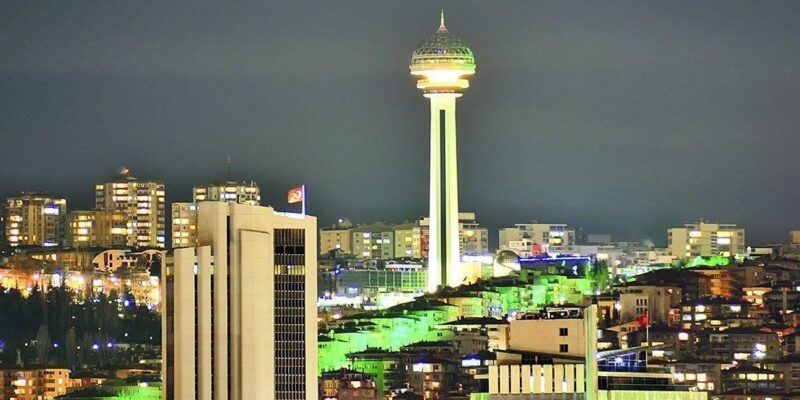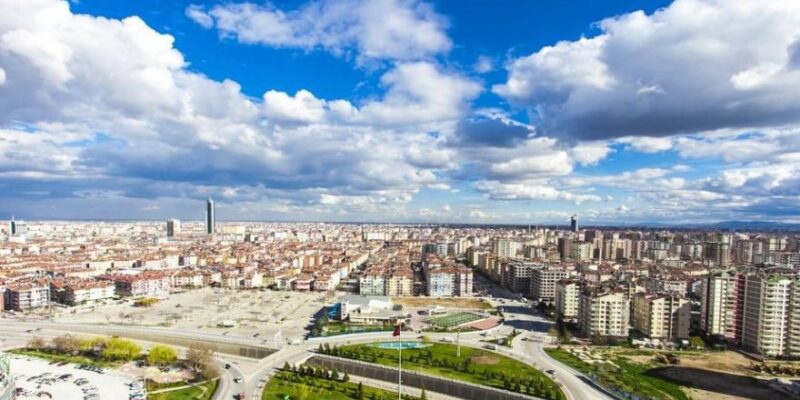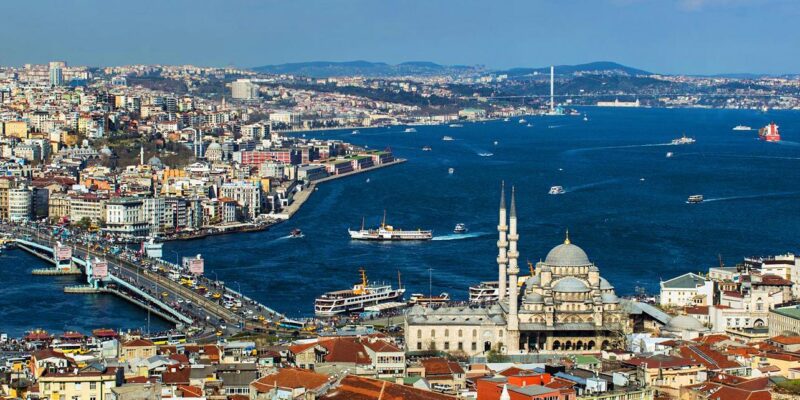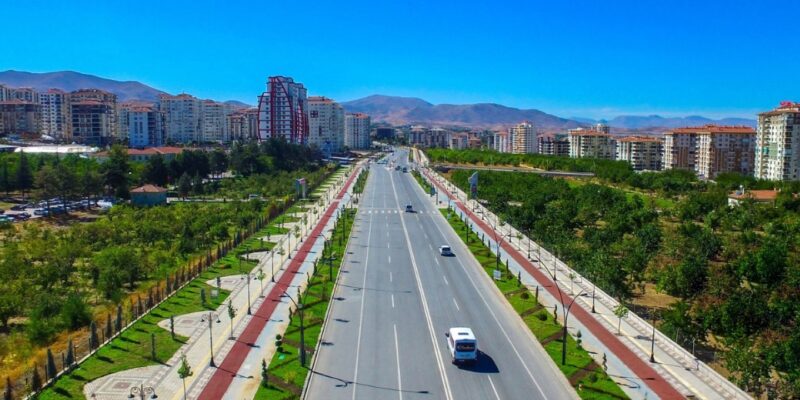Ankara Metropolitan Municipality’s “Preparation of Local Climate Change Action Plan” project is carried out by GTE. Within the scope of the project, preparation of Ankara’s greenhouse gas emission inventory, preparation of the greenhouse gas emission reduction action plan and adaptation studies against the effects of climate change are carried out.
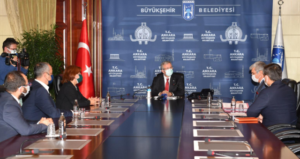
As a result of the project, it is aimed to contribute to the understanding of climate-friendly and sustainable urbanism in Ankara by creating a holistic roadmap that brings together all the elements of the city with a strategic planning, together with all the stakeholders of the project.
